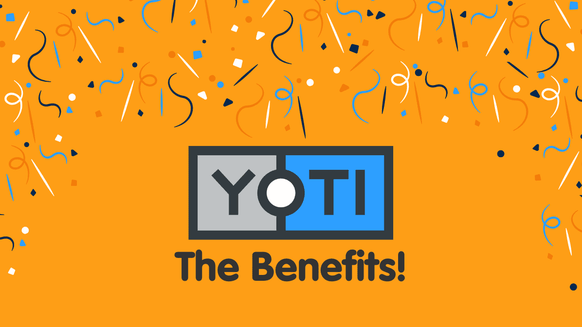The Hidden Expenses of Owning a Dog in the UK

Have you ever considered getting a furry companion to share your life with? A loyal, tail-wagging friend who will greet you with enthusiasm every time you walk through the door? If you're thinking about bringing a dog into your home, it's essential to understand that the costs of dog ownership go far beyond the initial purchase or adoption fee. In the UK, the underestimated expenses of owning a dog can take a significant toll on your wallet. But what are these overlooked costs, and why do they matter?
Initial Costs vs. Ongoing Expenses Of Owning A Dog
When many people think about the expenses of owning a dog, they typically focus on the initial costs. This includes the price of purchasing or adopting a dog, which can range from a few hundred to over a thousand pounds. But what often slips our minds are the ongoing expenses, which can be even more substantial.
Routine Veterinary Care
One of the first ongoing costs you'll encounter is veterinary care. Regular check-ups, vaccinations, flea and tick prevention, and heartworm medication are all part of responsible dog ownership. These expenses add up over time and can amount to hundreds of pounds annually. Moreover, unforeseen health issues can lead to unexpected vet bills that might leave you financially unprepared.

Feeding Your Furry Friend
Dogs need a balanced and nutritious diet to thrive. While the cost of dog food varies depending on the brand and type you choose, you can expect to spend around £20 to £60 per month to keep your pup well-fed. High-quality food is essential for your dog's overall health, and cutting corners on this expense can lead to future health problems and higher vet bills.
Grooming and Hygiene
Keeping your dog clean and well-groomed is another ongoing expense. Depending on the breed, size, and coat type of your dog, grooming costs can vary significantly. Whether you choose to groom your dog at home or rely on professional groomers, these expenses can range from £20 to £80 or more every few months.

The Need for Exercise and Training
Dogs need exercise and mental stimulation to stay happy and healthy. This means regular walks, playtime, and training sessions. While these activities don't have a fixed cost, they do require your time and sometimes additional expenses like toys, leashes, and training classes. Failing to provide adequate exercise and training can lead to behavioral problems that may require costly interventions.
Doggy Daycare and Pet-Sitting
If you work long hours or need to travel, you might consider doggy daycare or dog sitting services. These services ensure that your dog receives the attention and care they need when you're not around. However, they come at a price, with daycare fees ranging from £15 to £30 per day and pet-sitting rates varying depending on the duration and level of care required.

Insurance and Unexpected Expenses of Owning a Dog
Pet insurance is a crucial expense that many dog owners underestimate. It provides financial protection in case of accidents, illnesses, or emergencies. Premiums can range from £10 to £50 per month, depending on the level of coverage and your dog's breed and age. Without insurance, you could find yourself facing hefty bills in the event of a major health issue or accident.
Housing Considerations
If you're renting your home, you may encounter additional costs or restrictions related to dog ownership. Landlords might charge pet deposits or increase your rent, and some breeds may be restricted or prohibited altogether. It's essential to factor in these potential expenses and limitations when deciding to bring a dog into your life.

Travel and Vacation Costs
When you own a dog, planning trips and vacations becomes a bit more complex. You'll need to budget for pet-friendly accommodations, transportation, and possibly even a pet passport if you plan to travel internationally. These costs can add up quickly and should be considered when planning your holidays.
Longevity and Retirement
Dogs have a shorter lifespan than humans, but they can live for a significant number of years. It's important to plan for the long term, including retirement. As your dog ages, they may require more medical attention and specialized care, which can strain your finances. Being financially prepared for your dog's entire life cycle is a responsibility every owner should embrace.

Hidden Expenses of Owning a Dog: Making A Well-Informed Decision
Owning a dog's a rewarding experience that comes with many joys and benefits. However, it's crucial to make a well-informed decision. Consider both the initial costs and the often underestimated ongoing expenses. By budgeting for routine care, food, grooming, exercise, insurance, and unexpected costs, you'll be better equipped to provide your furry friend with a happy and healthy life.
So, if you're ready to take the leap into dog ownership, go ahead, but do so with open eyes, an open heart, and a well-prepared wallet. Your new best friend will thank you with boundless love and loyalty.








